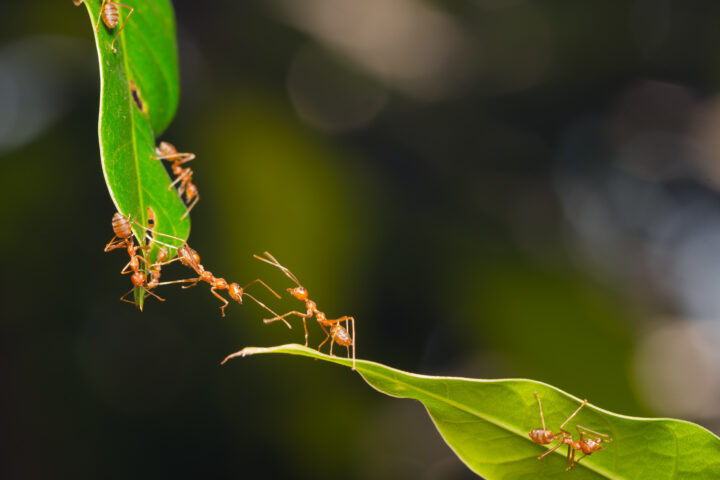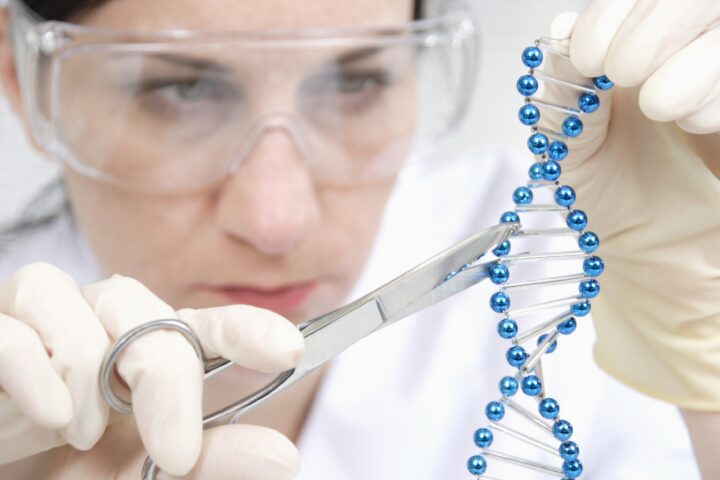
Switzerland needs to import more bread grain
The industry organisation Swiss Granum has applied to the Federal Government for an increase in the import quota for bread grain. Last year's domestic crop yields and stocks are not sufficient to meet this year's demand.
Tuesday, March 22, 2022
As "foodaktuell" writes, Swiss Granum has requested an increase of 40,000 tonnes in the tariff quota for bread grain. However, this is not related to the armed conflict in Ukraine. The reason for this is the poor Swiss grain harvest, which resulted in around 30 per cent less bread grain ready for baking in 2021. In normal years, the domestic harvests together with an import quota of a maximum of 70,000 tonnes are sufficient to cover the annual demand of around 480,000 tonnes. Now the stocks are not sufficient to last until the next harvests. This is especially true for the bread wheat classes Top and I, for spelt and also organic bread grain.
Imports secure supply
As Swiss Granum writes in its press release, Switzerland's security of supply is ensured by domestic harvests and compulsory stocks. This also applies in the event of a further worsening of the crisis. It is true that security of supply is assured. However, it should be kept in mind that this is mainly the case thanks to imports. Thanks to its great financial strength, Switzerland can cope with higher prices on the world market. The question of whether it is also ethical to cut production at home and import missing yields while there are shortages elsewhere in the world may at least be asked. In an interview with the "NZZ", Bayer CEO Werner Baumann says: "We are already in the middle of a grain supply crisis." Using our fertile soils to grow food is also a question of global solidarity. It requires looking beyond one's own nose.
Blindspot article
Sources
Related articles

Ant infestation threatens Zurich communities
An invasive ant from the Mediterranean region is spreading rapidly in the canton of Zurich, threatening communities, construction projects, and agriculture. Insecticides could help—but their use remains severely restricted.

Genetic scissors for the future – soon in Switzerland too?
Genome editing is seen as a promising way to make agriculture more sustainable and climate-resilient. But Switzerland is hesitant to approve it. A popular initiative even wants to ban it. But what can CRISPR really do?

Less than 50 percent: How Switzerland is squandering its self-sufficiency
Swiss agriculture is under enormous pressure. Extreme weather conditions, pests and increasingly stringent regulations are putting producers under strain. As a result, self-sufficiency is falling dramatically, especially for plant-based foods. To ensure food security in Switzerland, effective plant protection products are urgently needed.

Only half the truth in the genetic engineering debate
Those who only see the risks remain blind to the opportunities offered by a new technology. Opponents of genetic engineering have presented a new survey on new breeding methods, which reveals some telling gaps.

